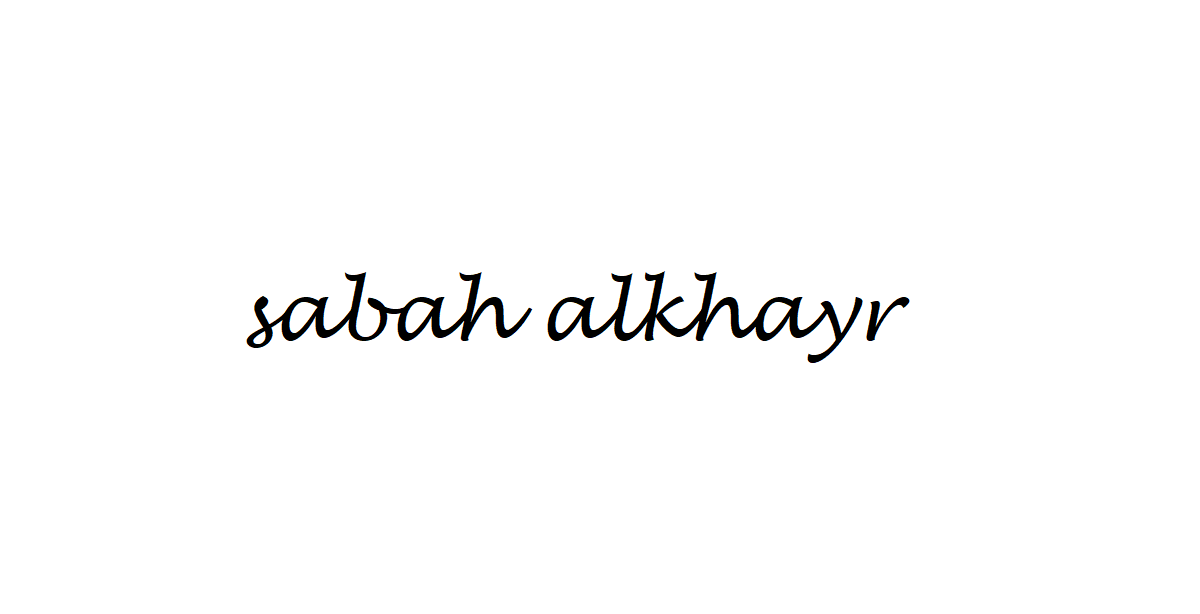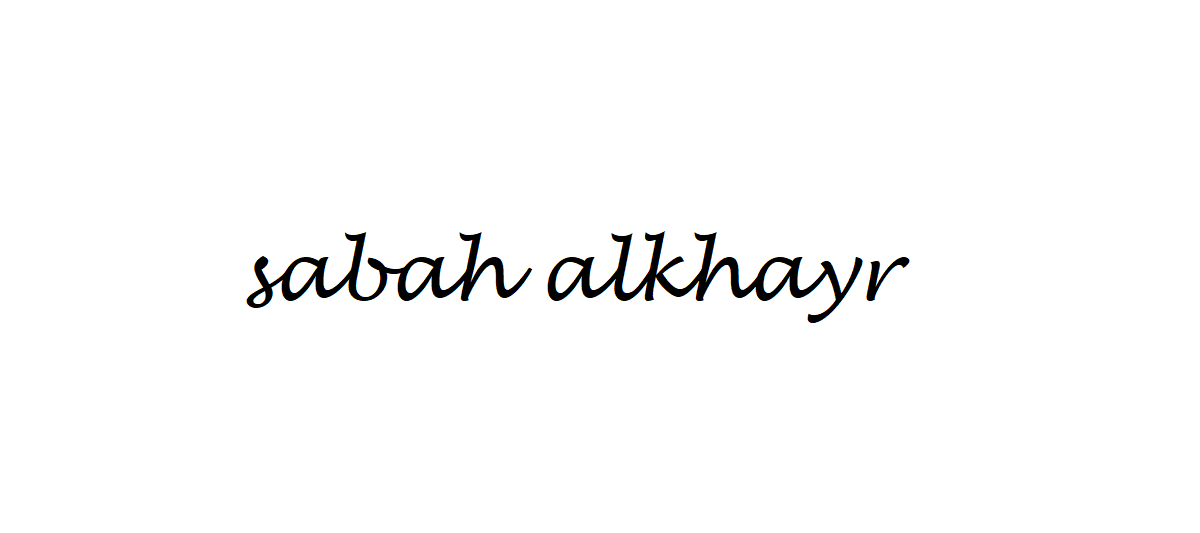Good morning is an important phrase used in many languages around the world, with Arabic being no exception. Learning how to say good morning in Arabic can be a great way to show respect for someone you’re speaking with or just add some variety to your daily conversations. Here are five ways to say good morning in Arabic:

How To Say Good Morning in Arabic
1. Sabah al-khayr – This phrase translates literally as “morning of goodness” and is one of the most common ways of saying hello in the Middle East and North Africa region. It expresses both respect for the person you are greeting, as well as wishing them a day full of blessings.
2. Ahlan wa sahlan – This expression directly translates into “welcome” but it has become more like a greeting that means ‘hello’ or ‘good morning’. It implies that you wish someone joy and happiness throughout their day ahead.
3. Marhaba – Another popular expression among Arabs, this term simply means ‘hello!’. While it is not explicitly related to mornings, marhaba can still be used when saying good morning since it conveys warmth towards whomever you are addressing while also expressing your desire for them to have a pleasant day ahead.
4. Assalamu Alaykum – Literally meaning peace be upon you, this expression is commonly used by Muslims all over the world during any time of day including mornings. The response would typically be Wa Alaikum As Salaam which translates back into ‘and unto you peace’ thus completing the exchange between two people who greet each other warmly with this traditional Islamic salutation.
5. Boker Tov – A Hebrew term meaning “good morning”, boker tov is widely understood by those who speak various dialects of Arabic due its proximity and cultural similarities shared between Arab countries and Israelites.
Example Sentences in Arabic
1. Good morning, have a pleasant day. – صباح الخير اتمنى لك يوم سعيد – sabah alkhayr aitamanaa lak yawm saeid
2. I hope you have a great start to the day. – أتمنى لك بداية رائعة لليوم – atamanaa lak bidayatan rayieatan lilyawm
3. Wishing you an amazing morning. – أتمنى لك صباحاً رائعاً – atamanaa lak sbahaan rayeaan
4. Have a wonderful day full of sunshine and smiles. – أتمنى لك يومًا رائعًا مليئًا بأشعة الشمس والابتسامات – atamanaa lak ywman rayean mlyyan bi’ashieat alshams waliabtisamat
5. May your morning be as bright as your smile. – قد يكون صباحك مشرقًا مثل ابتسامتك – qad yakun sabahuk mshrqan mithl abtisamatik
6. Rise and shine, it’s time for a new beginning. – انهض وتألق ، حان الوقت لبداية جديدة – anhad wata’aluq , han alwaqt libidayat jadida
7. Enjoy every moment of this beautiful day ahead of you. – استمتع بكل لحظة من هذا اليوم الجميل أمامك – aistamtie bikuli lahzat min hadha alyawm aljamil ‘amamak
8. Wake up with determination, go to bed with satisfaction. – استيقظ بحزم ، اذهب إلى الفراش بارتياح – astayqaz bihazm , adhhab ‘iilaa alfirash biartiah
9. Start your day with enthusiasm and positivity in mind. – ابدأ يومك بالحماس والإيجابية في الاعتبار – abda yawmak bialhamas wal’iijabiat fi aliaetibar
History on Arab Culture and Greetings
The culture of Arabs is diverse and complex, but it is also unified by a shared language, religion, and history. Arab culture has been shaped over centuries by the region’s geography and climate, as well as its people’s traditions and values.
The most important aspect of Arab culture is hospitality—and this extends to how they greet each other. When greeting someone in an Arabic-speaking country, there are several common phrases that can be used depending on the context. For example, if two people are meeting for the first time or if one person has not seen another in a while then they may say “ahlan wa sahlan” (welcome). If two people have already met before then they may exchange salaams (peace), which means “may peace be upon you”.
Another common phrase is marhaba (hello) which can be used when addressing anyone regardless of their relationship with you. Physical contact such as handshakes or hugs are also commonly exchanged between friends or acquaintances when saying hello or goodbye. This form of greeting shows respect for others and conveys warmth towards them, however it should only occur between members of the same gender. Arabs take great pride in their cultural heritage and customs, including their unique way of exchanging pleasantries with each other!


 Cowabunga Bay
Cowabunga Bay